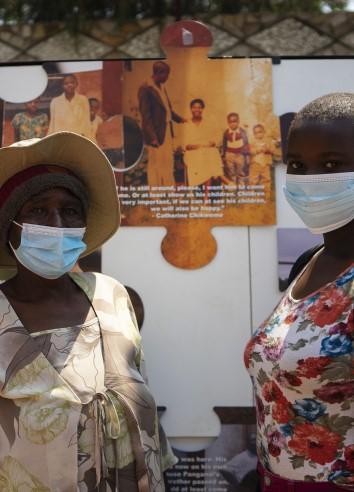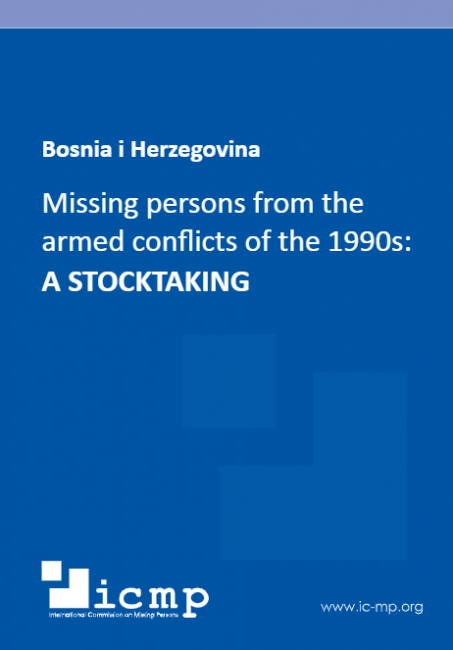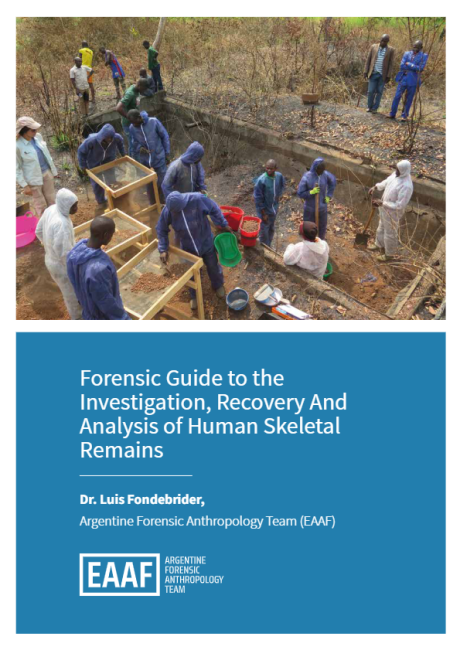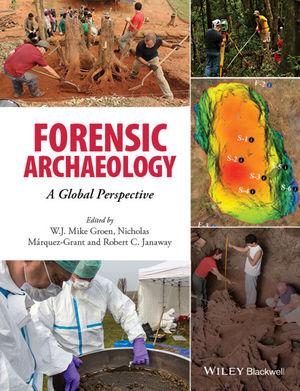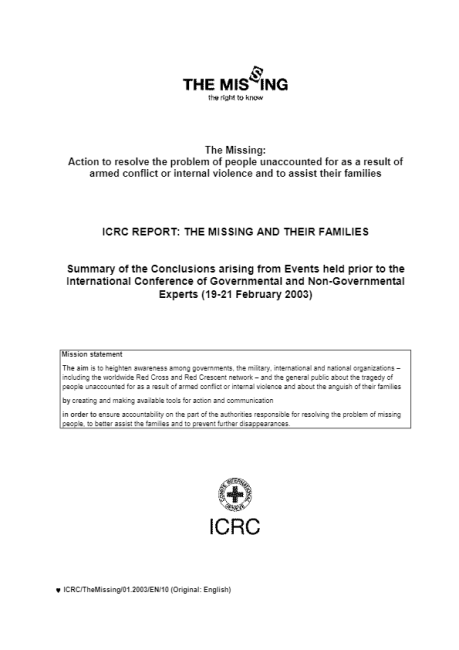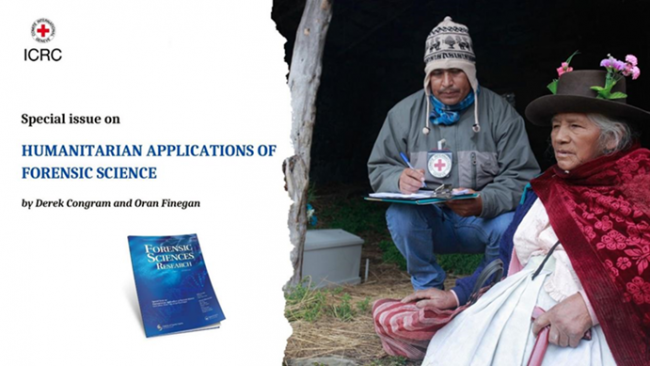
Humanitarian Applications of Forensic Science (Edited by ICRC Forensic Unit)
In late July 2021, the Ministry of Veteran Affairs of the People’s Republic of China released a statement about the repatriation of the remains of Chinese soldiers from the Korean War, which had been recovered by the Republic of Korea:
“Following humanitarian principles and in the spirit of friendly consultation and practical cooperation, China and South Korea… will further deepen the exchanges and cooperation between the two countries in the joint search, excavation, and identification of the remains of the Chinese People’s Volunteers in South Korea” (translation to English by Yizhang Fan).
This statement reflects the motivation for the introduction of forensics into the portfolio of expertise within the International Committee of the Red Cross in 2003: a humanitarian mandate and a spirit of pragmatic collaboration among countries to mitigate the lingering harm caused by armed conflict and other situations of violence, and to address the needs of affected people. These are just two examples of a broadening of forensic science application, which goes well beyond the common, narrow conception of forensic science as supporting criminal investigation. Increasingly, and especially in recent years, we are witnessing an increased socialisation and utilisation of forensic science in humanitarian work: in refugee camps, concurrent with ongoing war, at pandemic burial sites, hospital morgues, remote villages, and even in university classrooms. This evolution of thought and practice is what motivated this special issue of Forensic Sciences Research.


